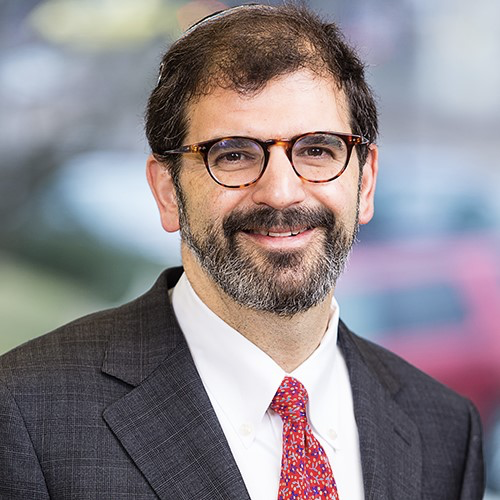Question: Does Jewish law permit embalming? How about open-casket funerals?
— Robert M.
Dear Robert,
Jewish tradition requires that we treat dead bodies with the utmost respect and strictly prohibits any action that would desecrate them. These laws are known as issur nivul hamet and are derived from the biblical prohibition on delaying burial, though some believe they are rooted in the more basic principle of loving your fellow human being.
Among the requirements of these laws is that all organs be buried with the body. Fluids like blood are considered organs of the body, and since embalming requires removing fluids, the practice isn’t allowed. Though it’s true that in the Book of Genesis we learn that both Jacob and Joseph were embalmed, this was done before the Torah was given. And we don’t really know what embalming in ancient Egypt entailed.

Help us keep Jewish knowledge accessible to millions of people around the world.
Your donation to My Jewish Learning fuels endless journeys of Jewish discovery. With your help, My Jewish Learning can continue to provide nonstop opportunities for learning, connection and growth.
With respect to open-casket funerals, there’s no explicit law against it, but the widely observed Jewish custom is not to. In some communities, even mourners are prevented from seeing their loved one’s body after it has been prepared for burial, though this isn’t universal and some communities do permit it. But I’m not aware of any Jewish community that has open-casket funerals. One reason for this is that we want to emphasize the deceased’s everlasting impact and legacy, and the eternality of their soul, rather than the ephemeral nature of the physical body.
As a rabbi who performs many funerals, I find it moving to see the wooden casket — sometimes very basic and sometimes beautifully crafted but still simple — which to me honors the limits of a life in this world and the infinite future for the soul as it passes to the true world beyond.

Rabbi Asher Lopatin is the spiritual leader of Kehillat Etz Chaim in Detroit, Michigan.



